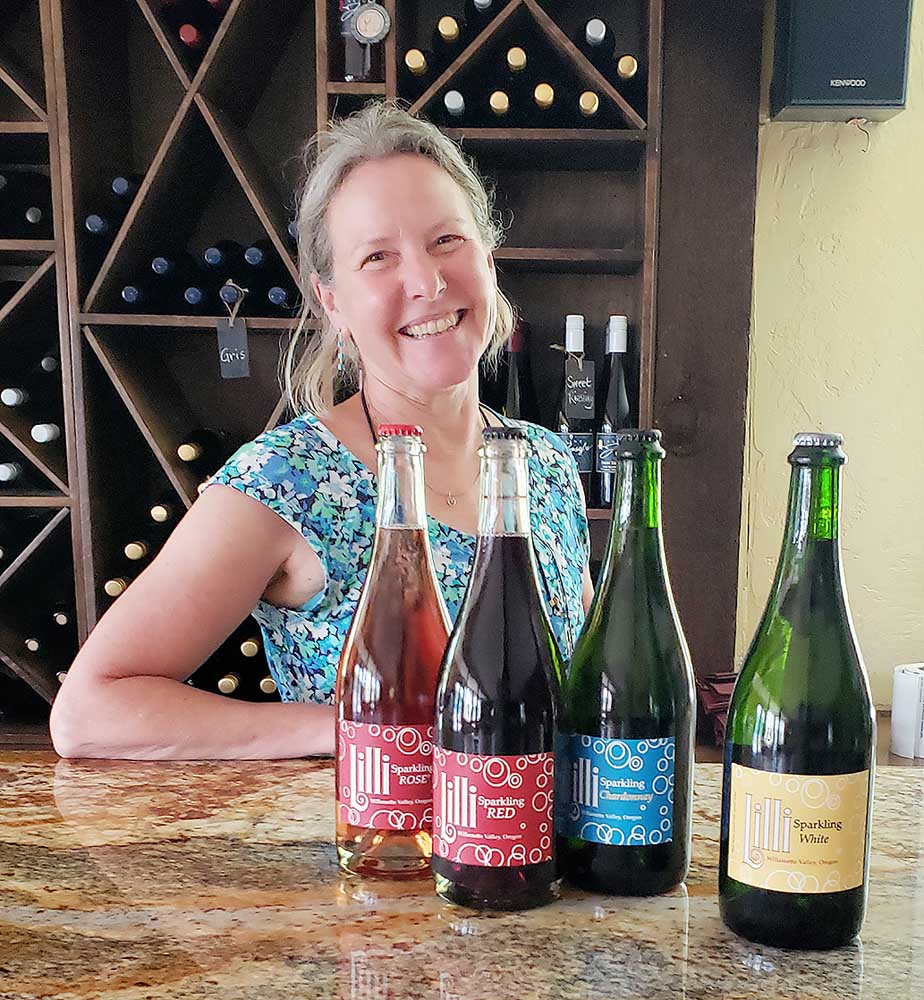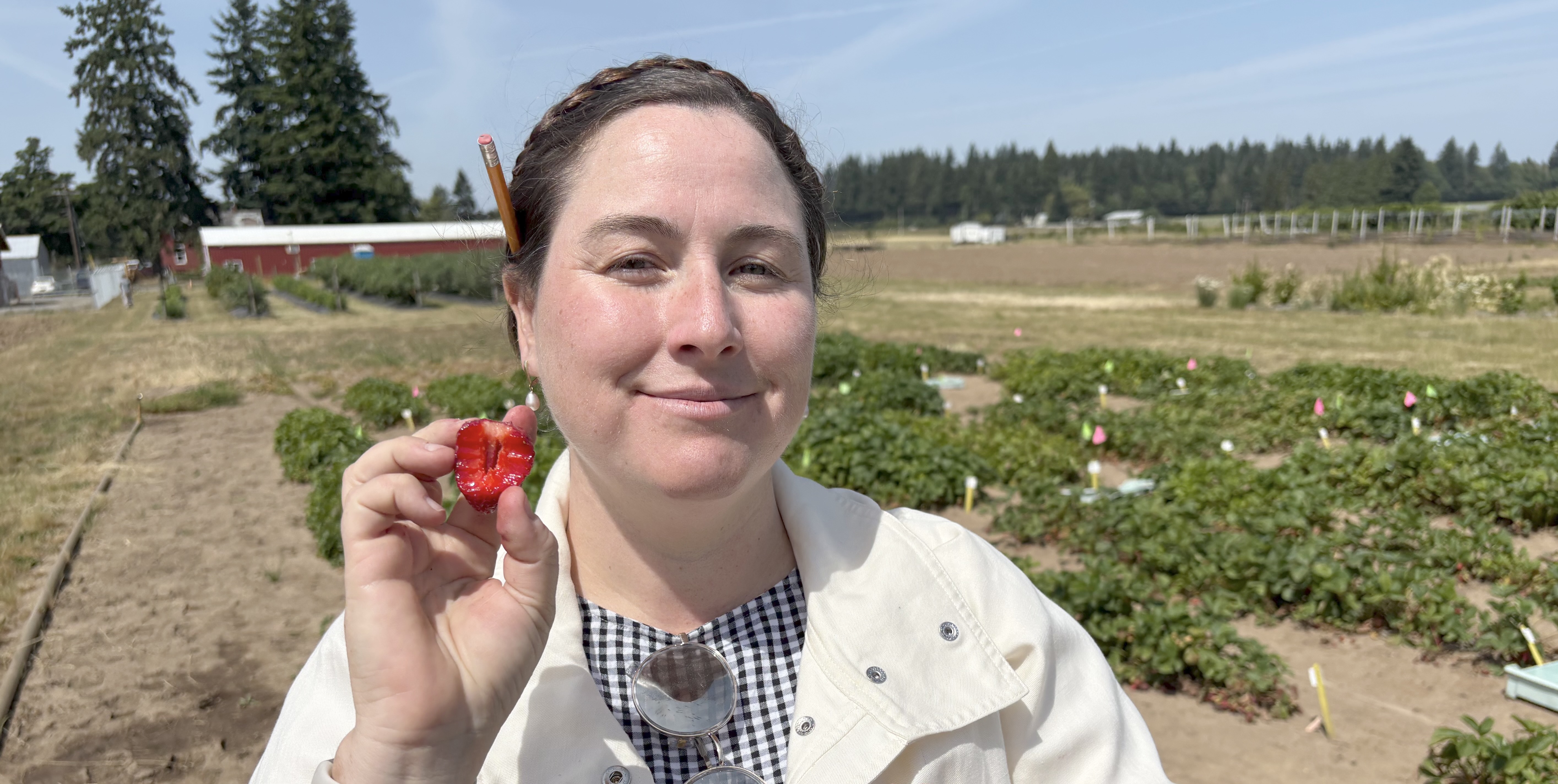St. Josef’s Winery: An Oregon pioneer
Published 7:00 am Thursday, September 9, 2021

- Tara McKnight of St. Josef’s Winery with their line of sparkling wine.
CANBY, Ore. — Josef and Lilli Fleischmann, founders of St. Josef’s Winery near Canby, Ore., can now sit back and enjoy the fruits of their labor. It’s been a long haul.
Josef and Lilli met in Germany, where both families landed after fleeing the Eastern Bloc in the wake of World War II.
Though he always wanted to be a winemaker like his Hungarian grandfather, Josef, now 87, was trained in baking and after coming to the U.S. worked in that capacity in Chicago for many years.
It was a dream come true in 1970 when they were able to purchase a 64-acre farm in Oregon’s Willamette Valley.
The Fleischmanns worked to build a winery while raising a family and running a string of artisan bakeries for 23 years to fund it, little knowing they were helping pioneer an entire industry.
“They got in on the ground floor before there was a ground floor,” son-in-law Carl McKnight says. McKnight, the winemaker, is married to Tara (Fleischmann) McKnight, company president. Brother Kirk runs the 40 acres of vineyards and 22 acres of organic vegetables.
By 1978, Tara and Kirk helped plant the first vines. When the winery was bonded five years later, Oregon had fewer than 30 wineries. The Oregon Wine Board puts the current number at 908.
The family strives for food-friendly wine like their parents grew up with around the dinner table.
“The Willamette Valley is great for that,” Carl said. “The nights are cooler and when temperatures drop the acids brighten up so the wine cuts through the fat in food.
“Growing our own lets us dictate how the grapes are grown and the quantities we want,” Carl said. “We can also harvest and start crushing the same hour. When it takes five or six hours the grapes start fermenting during transport.”
The family, shipping 5,000 to 8,000 cases annually, aims to make the wine experience approachable and fun for newbies and aficionados alike.
Tara coined a phrase that appears on some labels: “Serious wines for the not so serious.”
“…Because it is a fun industry,” she said. “It’s not brain surgery and we’re not going to find a way to save the world, but we can certainly help people enjoy life with a nice glass of wine.”
The business is unique in its start-to-finish nature.
“We are growing the product and even with mechanized equipment each vine has to be touched by hands eight times during the year,” Carl said. “People don’t see how labor intensive it is.”
“You have to mow it, trim the sides and prune for the right amount of fruit,” he said. “We have to watch for humidity issues — this year we don’t have any — and then we have to harvest it.”
The science of yeast and fermentation; the aging and bottling … all that’s left is getting people out to taste the finished product.
“You have to like all of the business or else it’s just a business,” Carl said.






